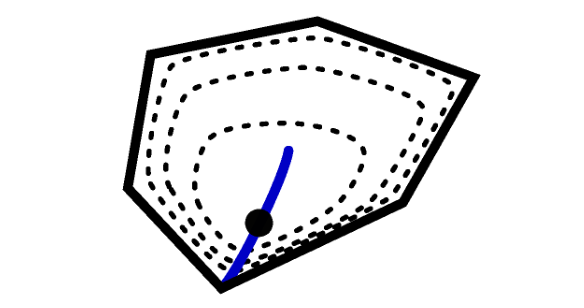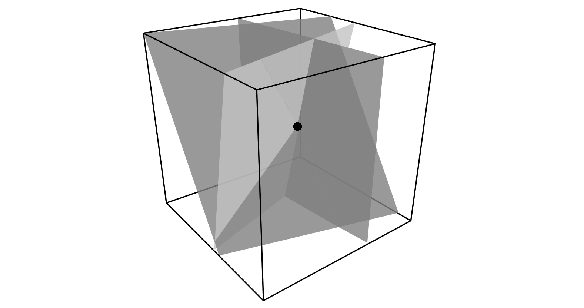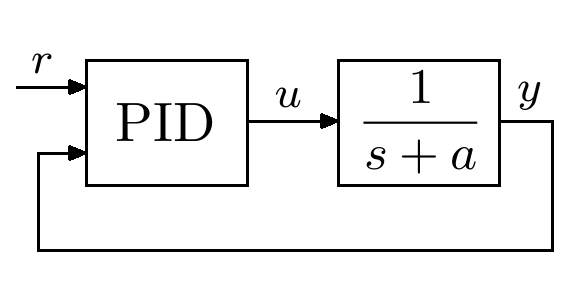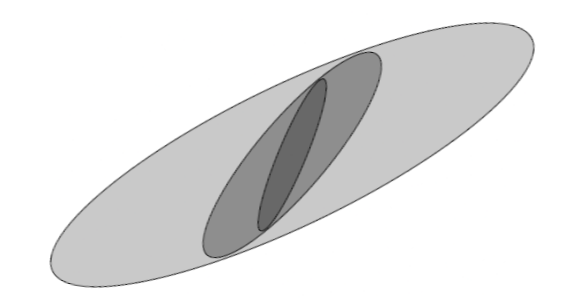Comparison of feedback linearization and model predictive techniques for variable speed limit control
Abstract: Different types of variable speed limit (VSL) controllers have been proposed to improve the traffic mobility at highway bottlenecks. However, the benefit of VSL is sometimes deteriorated by the capacity drop phenomenon introduced by the disordered lane changes at the vicinity of the bottleneck. Our recent results show that by combining the VSL controller with lane change control, the capacity drop can be significantly relieved or avoided at the bottleneck. In this paper, we propose feedback linearization and model predictive control schemes for VSL-actuated highway traffic, where a lane change controller is assumed to be active upstream of the bottleneck. Via simulation studies, we compare the performance and robustness of the proposed controllers with respect to perturbations on traffic demand, model parameters and measurement noise. Results show that both controllers are able to improve the total time spent under different levels of perturbation and noise. Furthermore, feedback linearization VSL can provide better performance than model predictive VSL with negligible computational effort and similar robustness.





Leave a Comment